More On: batman
Jeremy Garnier, who dressed as Joker and made a terrorist threat got a prison sentence
Batman NFTs are coming to Ethereum via Palm, with Metaverse benefits planned
In this explosive film, Robert Pattinson battles an unrecognizable Colin Farrell. The Trailer for Batman
‘The Batman’ resumes production after Robert Pattinson’s COVID-19 diagnosis
Why Christopher Nolan has become one of Hollywood’s surest bets
What better way to mark the 20th anniversary of Christopher Nolan’s groundbreaking “Memento” than with “Tenet,” the strangest movie rollout in memory? “Tenet” hit theaters Thursday — two days before “Memento” premiered in 2000 — where it landed in an alien theatergoing landscape of required masks and one-third capacity limits. Due to the coronavirus pandemic, …
What better way to mark the 20th anniversary of Christopher Nolan’s groundbreaking “Memento” than with “Tenet,” the strangest movie rollout in memory?
“Tenet” hit theaters Thursday — two days before “Memento” premiered in 2000 — where it landed in an alien theatergoing landscape of required masks and one-third capacity limits. Due to the coronavirus pandemic, there was no starry LA or New York premiere. In fact, there have been no screenings at all in LA or New York because cinemas are still closed there by law.
And yet, against all odds, it’s already making money — a testament to Nolan’s uncompromising vision and his uncanny ability to cash in on it since the start of the new millennium.
Determined to have a traditional theatrical run, the $200 million “Tenet” is opening gradually around the world and in any US states where a few theaters are open.
It’s raked in $53.6 million at the international box office in just a few days, which trade publications are calling “surprising.” That’s less than $10 million short of the domestic opening weekend take of “Inception” — and this one is debuting during a global health crisis.
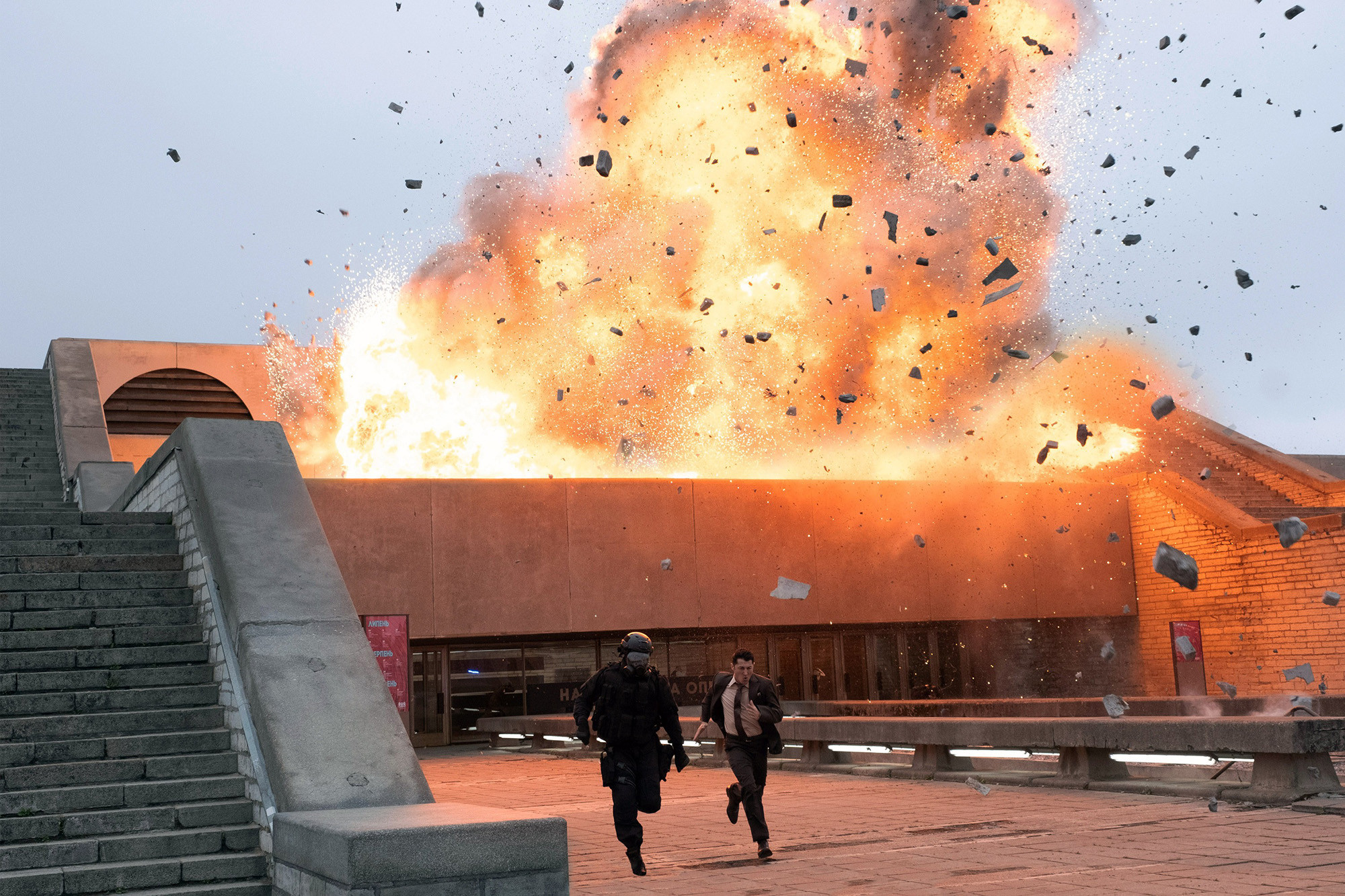
A risks-be-damned Canadian superfan named Craig Sharpe is currently trying to break the Guinness World Record for the most times attending a single film. He plans on 120 viewings of “Tenet.”
“Personally, I don’t see any flaws in this movie,” Sharpe told the Winnipeg Free Press after his 10th watch.
Few directors command fan loyalty like the 50-year-old British-American, who is the seventh highest grossing director of all time with $4.7 billion in tickets sold for his 11 movies. Remarkably Nolan’s only helmed one major franchise — Batman’s “Dark Knight” trilogy. The rest of his films, 10 of which he wrote or co-wrote, are original, long and often boldly cerebral.
Take the movie that put him on the map.
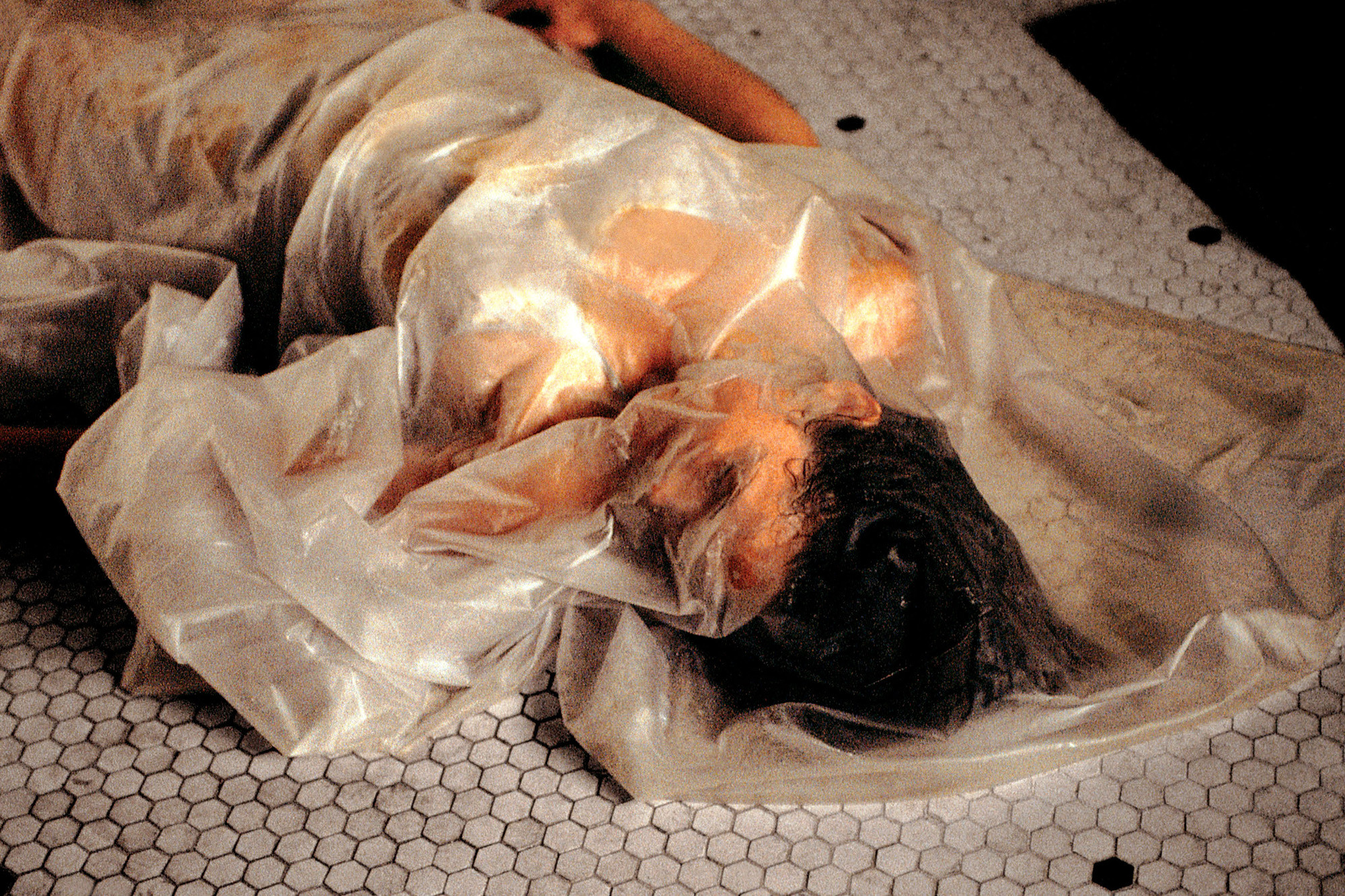


“Memento” was only Nolan’s second feature after 1998’s lesser-known “Following,” and was made when he was just 30 years old. The story about a man with amnesia searching for his wife’s killer starred Guy Pearce and was told out of chronological order. Some of the highest grossing films that year were “Mission Impossible 2” and “How The Grinch Stole Christmas,” which were normal as a ham sandwich. Nolan defended his outre style.
“No one demands that a novelist, or even a playwright, tell a story in chronological order,” Nolan told Variety at the time. “The longer-established media have embraced these freedoms to do what we do in everyday life — to reorder information in the most intriguing way possible.”
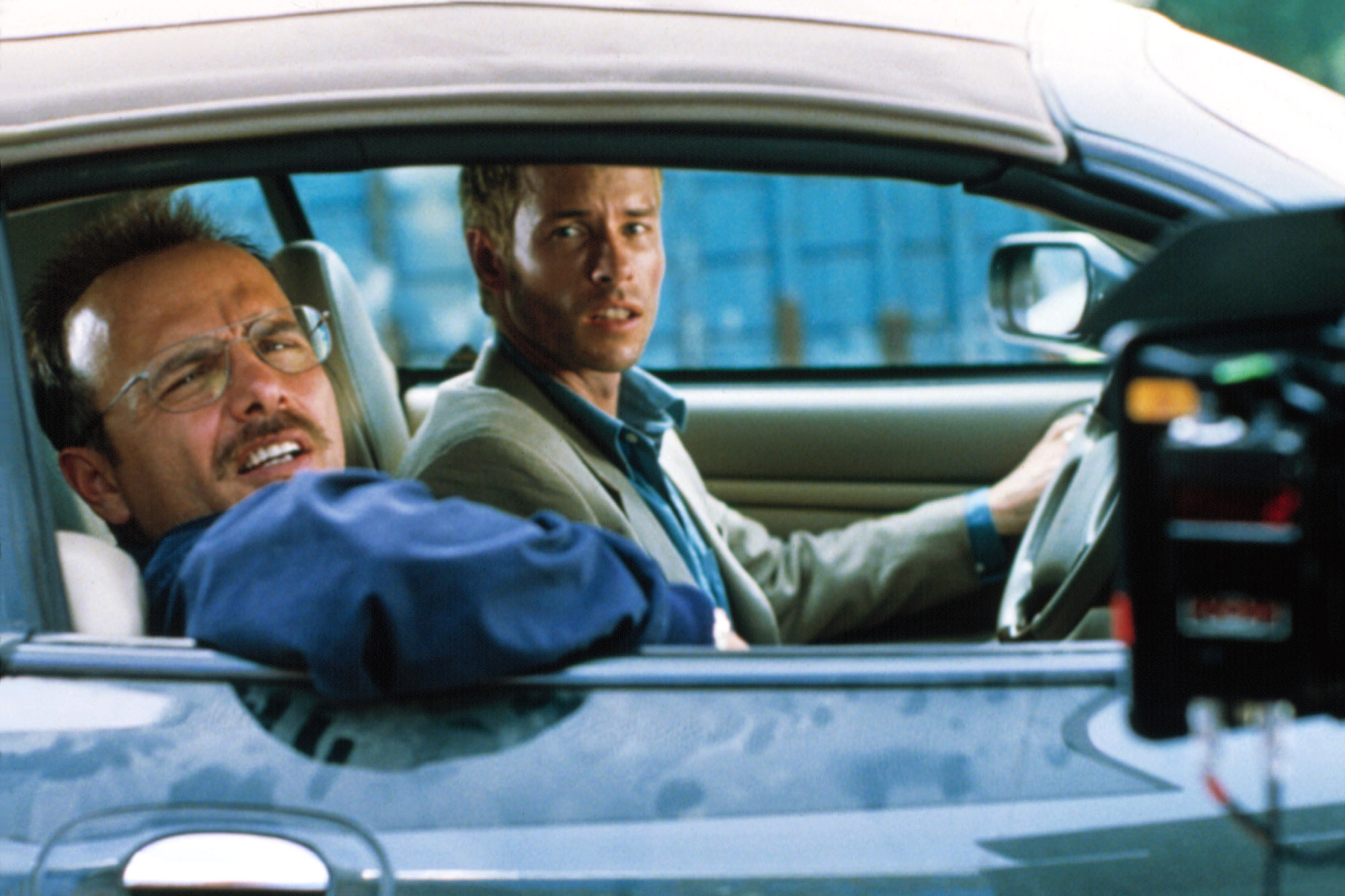


The move nabbed Nolan his first Oscar nod, for Original Screenplay.
A few months after the Venice Film Festival premiere, in a talk at a screening of his “Traffic,” director Steven Soderbergh said he had so much admiration for Nolan he’d signed on to produce his next film, “Insomnia.” (So did George Clooney).
With the growing reputation came the stars: Al Pacino, Robin Williams and Hillary Swank appeared in “Insomnia.” And Christian Bale, Michael Caine and Morgan Freeman were on board for his biggest project yet: 2005’s “Batman Begins.” Warner Bros. tasked the 34-year-old with grounding the series, which had been notable for the nipples on George Clooney’s batsuit and Arnold Schwarzenegger as the campy ice man Mr. Freeze.
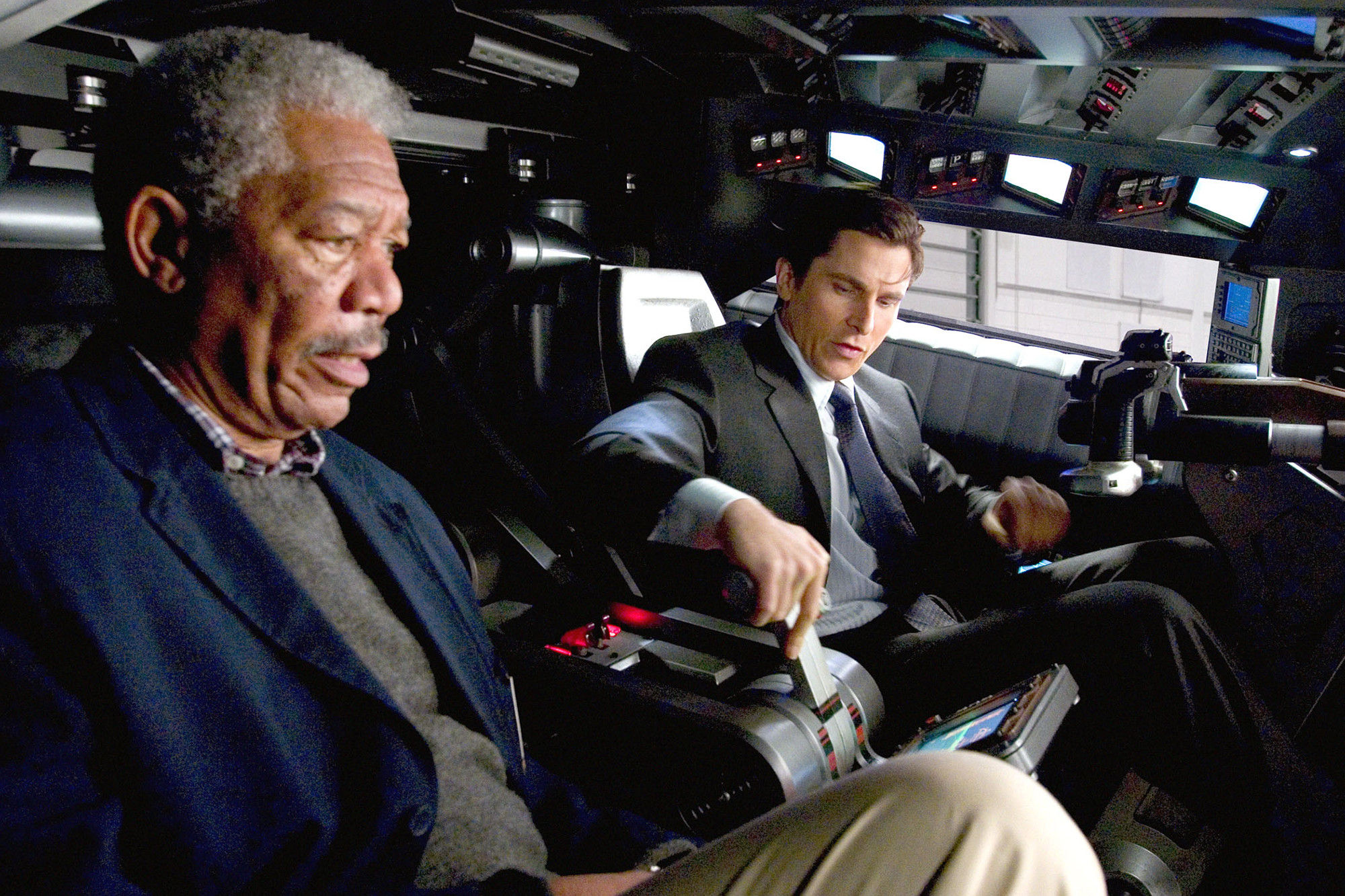


“I wanted to try to do it in a more realistic fashion than anyone had ever tried to [with] a superhero film before,” Nolan told the Guardian in 2005. “Without getting too mawkish about it, we live in a frightening world now, and 10 years ago we didn’t.”
“Batman Begins” was modestly successful, and just a tad scary. But his 2008 follow-up “The Dark Knight” — and the tragic event surrounding it — catapulted the film into becoming one of the buzziest of the decade.
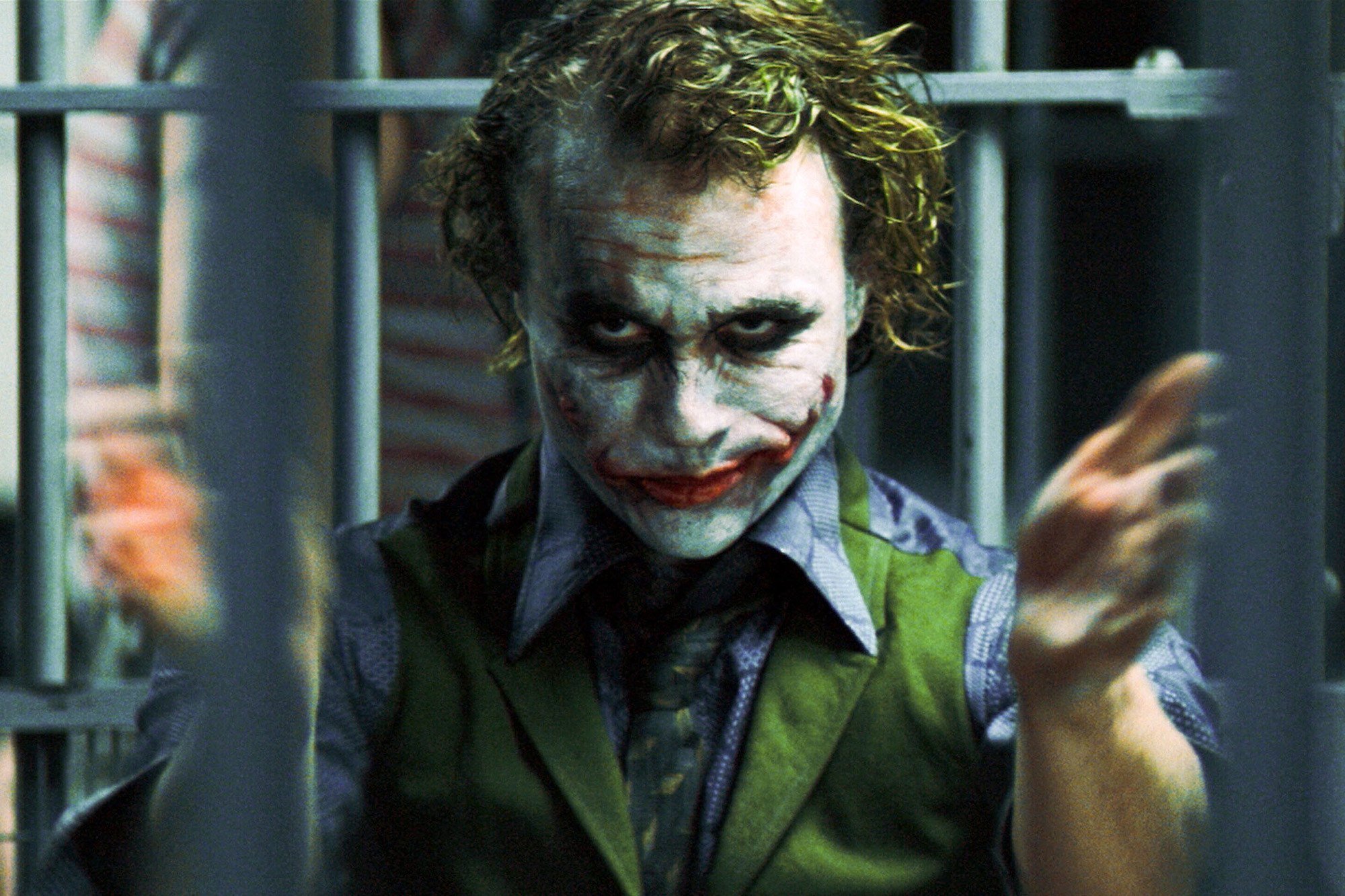


“The Dark Knight,” which turned the Joker character into a sweaty, horrific terrorist played by Heath Ledger, had a hotly anticipated release date of July 18, 2008. On Jan. 22, 2008, Ledger died of an overdose in New York at age 28. Audiences flocked to the film, with 64 percent saying in a Fandango poll that they planned on going again.
Ledger won a posthumous Oscar for his performance, but fans were still fuming that the film was robbed of a Best Picture nod and Nolan, a directing nomination.
Rolling in success, Nolan was suddenly a hybrid — a writer-director with the bubbling cauldron of high-minded ideas evident in “Memento” and 2006’s “The Prestige,” but with the box-office potential to make $1 billion. In fact, no post-”Batman” film by Nolan has made less than $500 million. “Inception,” a 2010 intellectual science-fiction film about “dream extractors” starring Leonardo DiCaprio, raked in $833 million.
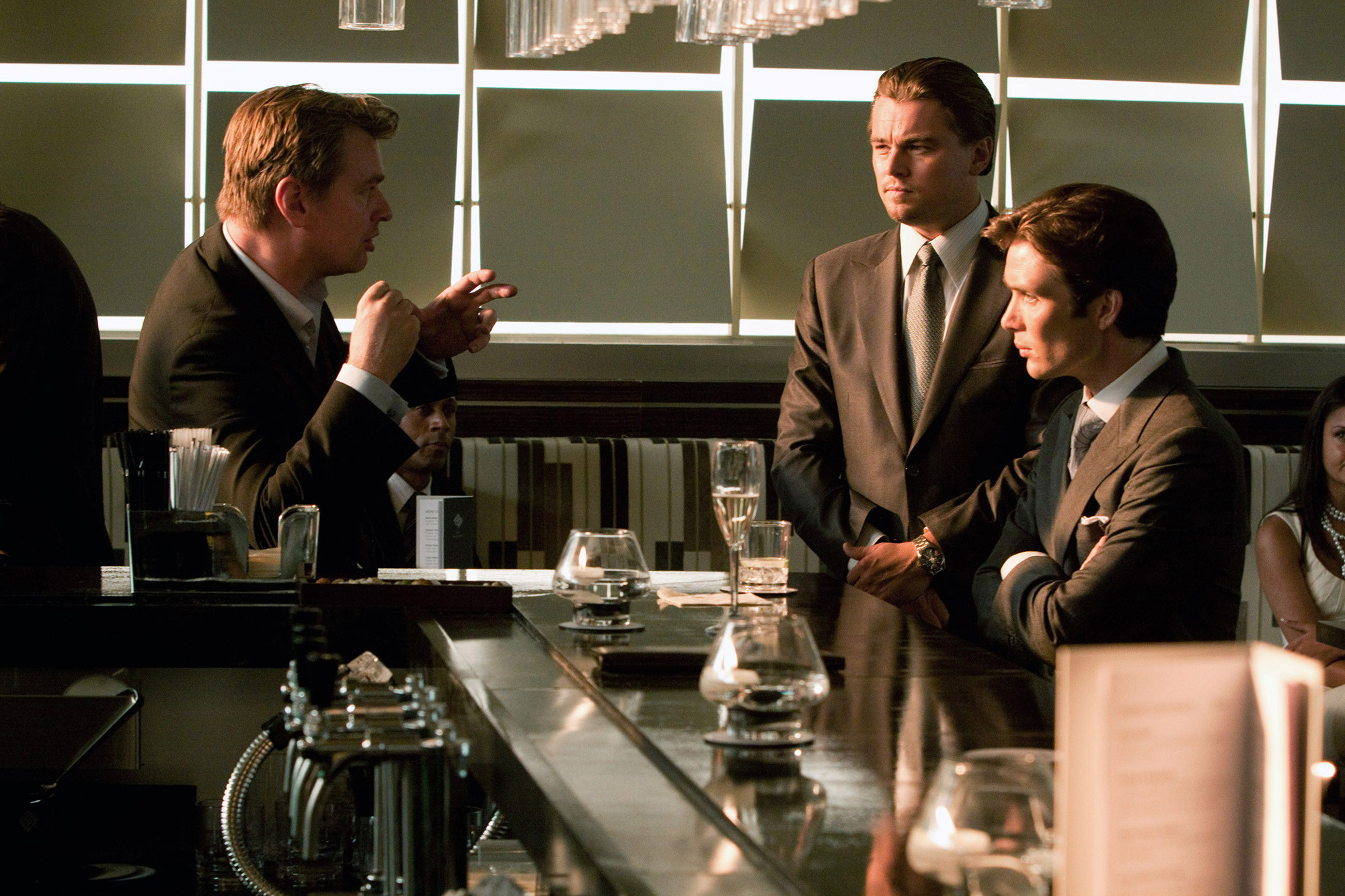


Nolan, after the “Dark Knight” snub, also became a fixture at the Oscars, even though he has yet to win one. “Inception” was nominated for Best Screenplay and Best Picture, while his hugely successful 2017 World War II epic “Dunkirk” got directing and picture nods.



In the lead-up to the release of “Tenet,” which was stymied by the pandemic, Nolan used his powerful leverage to encourage states to reopen theaters. Acting like a beltway politician, he wrote an editorial in March for the Washington Post titled “Movie theaters are a vital part of American social life. They will need our help.” He also stayed resolute that “Tenet” would not surrender to streaming, like would’ve-been-theatrical films such as Disney’s “Mulan” or Universal’s “The King of Staten Island.”
Six months later, “Tenet” is the reopening event for many of America’s cinemas. And it’s due in no small part to the sway and influence of one of the most powerful directors in Hollywood.






















